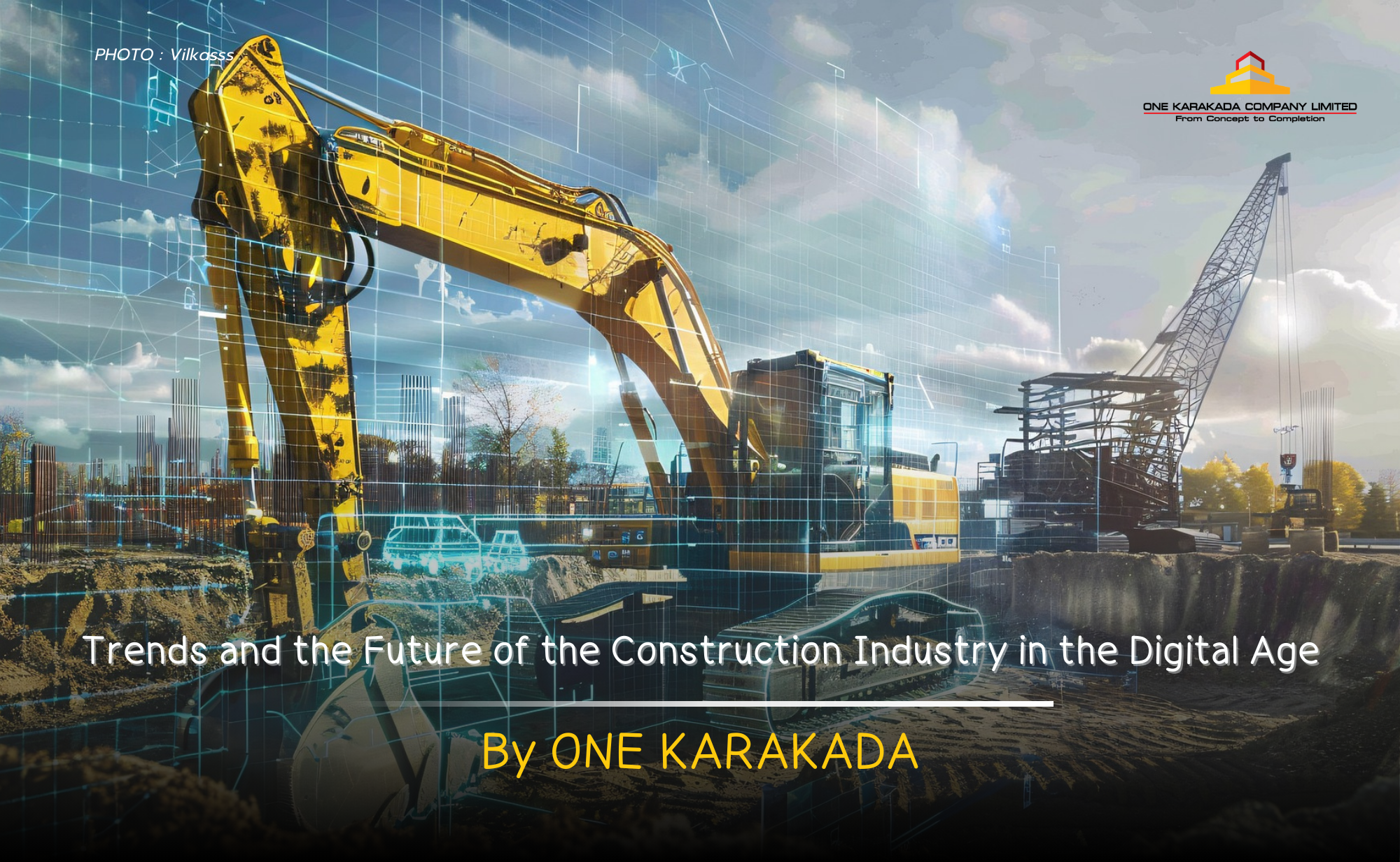The construction industry is undergoing a full-scale digital transformation. New technologies are playing a pivotal role in revolutionizing work methods and production processes, resulting in exciting developments and innovations.
Key Trends
Building Information Modeling (BIM):
- BIM enables the creation of detailed 3D virtual building models, allowing for the detection and correction of errors before construction begins, thus reducing costs and construction time.
Internet of Things (IoT):
- The implementation of IoT in construction enables real-time monitoring and control of equipment and materials, enhancing efficiency and reducing the risk of accidents.
Artificial Intelligence (AI):
- AI is used to analyze large datasets to predict potential problems and aid in project management decision-making.
Robotics:
- Robots are taking on repetitive and hazardous tasks such as material transportation, welding, and painting, reducing errors and improving workplace safety.
Augmented Reality (AR):
- AR allows workers to visualize a construction project in real-time, facilitating a better understanding of blueprints and construction processes.
Virtual Reality (VR):
- VR enables clients to visualize unfinished buildings realistically, allowing for informed decisions about materials and design.
The Future of Construction
Modular Construction:
- Buildings will be manufactured in sections in factories and assembled on-site, reducing construction time and errors.
3D Printing: - This technology will enable rapid building construction with greater design flexibility.
Clean Energy:
- Future buildings will prioritize clean energy sources such as solar and wind power.
Smart Buildings:
- Buildings will have self-regulating systems for lighting, air conditioning, and security.
Human-Robot Collaboration:
- Humans and robots will work closely together to enhance efficiency.
Impact on Contractors
Adaptation:
- Contractors must adapt to technological advancements by investing in employee training and implementing new technologies.
Competition:
- Industry competition will intensify, requiring contractors to offer high-quality services and products that meet customer demands.
Opportunities:
- New technologies will open up business opportunities for contractors who can creatively apply these technologies.
The construction industry in the digital age is rapidly evolving. New technologies are driving this transformation. Contractors who can adapt and effectively utilize new technologies will gain a competitive advantage and achieve sustainable growth in the future.
…
ONE KARAKADA Co., Ltd. stands out as a premier design and build construction company in Thailand, with a specialized focus on developing GMP-standard factories. Their expertise is not limited to this niche, as they also excel in constructing general factories and warehouses.
The company’s commitment to international quality standards is evident in their use of prefabricated structures that promise durability and efficiency. With a dedicated team of engineering and architectural experts, ONE KARAKADA Co., Ltd. ensures meticulous oversight of every construction phase, guaranteeing that each project not only meets but exceeds the highest industry standards. This approach has cemented their reputation as a leader in the Thai construction sector, delivering projects that are both innovative and reliable.

